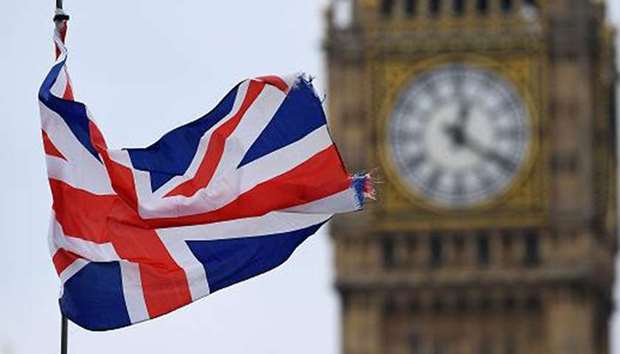Freedom of movement will end as soon as Britain leaves the EU, the immigration minister has said, as the government prepares a survey on the benefits of migration from the bloc.
Brandon Lewis also confirmed that the government intended to reduce net immigration to the tens of thousands – a promise the Conservatives have failed to keep since taking office in 2010 – though he refused to say it would be achieved within this parliament.
“Free movement of labour ends when we leave the European Union in the spring of 2019. I’ll be very clear about that,” Lewis told BBC Radio 4’s Today programme yesterday.
“Obviously, there’s a period of negotiation we’re going through with the European Union at the moment. But we’re very clear that free movement ends. It’s part of the four key principles of the European Union. When we leave, that, by definition, ends,” Lewis said.
His comments appear to run counter to recent reports that the government is willing to allow freedom of movement to continue during a transitional period lasting three or four years.
The remarks are likely to alarm businesses, which would have less than two years to prepare for an end to free movement of labour with the EU. However, it could be that while freedom of movement technically ends with Brexit, the arrangements are still replicated during an implementation phase.
In a sign this may be the case, Lewis reiterated the Conservatives’ commitment to reducing net immigration to a less than 100,000 people a year, but he refused to say it would be met by the end of the parliament, claiming that it was impossible to do so while freedom of movement remained.
A senior cabinet source told the Guardian and others newspapers a week ago that it was generally accepted within the Cabinet that freedom of movement of people for up to four years would be part of a Brexit transition deal.
The source said ministers hoped to offer some certainty to British businesses by agreeing a two- to four-year transitional deal with the EU quickly.
There have been other signs that the mood within government is shifting towards a more relaxed view on free movement. On Wednesday the Home Secretary, Amber Rudd, set out the government’s plans to investigate the effects of EU migration on the UK, with the report due towards the end of next year.
The shadow home secretary, Diane Abbott, said Rudd must commit to publishing the report in full for scrutiny in parliament before any changes to immigration policy were put in place. She added: “There must be no repeat of the buried Home Office reports into international students, or the Saudi funding of terrorism.”
There was confusion over the government’s migration study after the foreign secretary admitted at a press conference that he was unaware of any such analysis.
Speaking to reporters in Australia yesterday, where he was due to conduct trade talks, Boris Johnson said immigration was a positive thing for the country, as long as it was controlled. “I haven’t seen the study you talk of because I’ve been here in Australia for the last couple of days and travelling for the last week but all I can give you is my own views about the value of immigration and the value of having an open approach to it,” he said.
“I say what I have always said: as a society, the City of London benefited massively from having talent come to our shores. We benefit from a large Australian population; I think we had 400,000 French people living in London when I was mayor.”
But, he said, “that doesn’t mean that you can’t control it (and) that’s all that I think people want to see.”
Labour’s Pat McFadden described the government’s position as a “shambles”. McFadden, a leading member of the pro-EU campaign group Open Britain, said: “Only hours after the home secretary announces there will be no cliff edge when we leave the EU, her immigration minister announces a definite end to freedom of movement from March 2019.”



